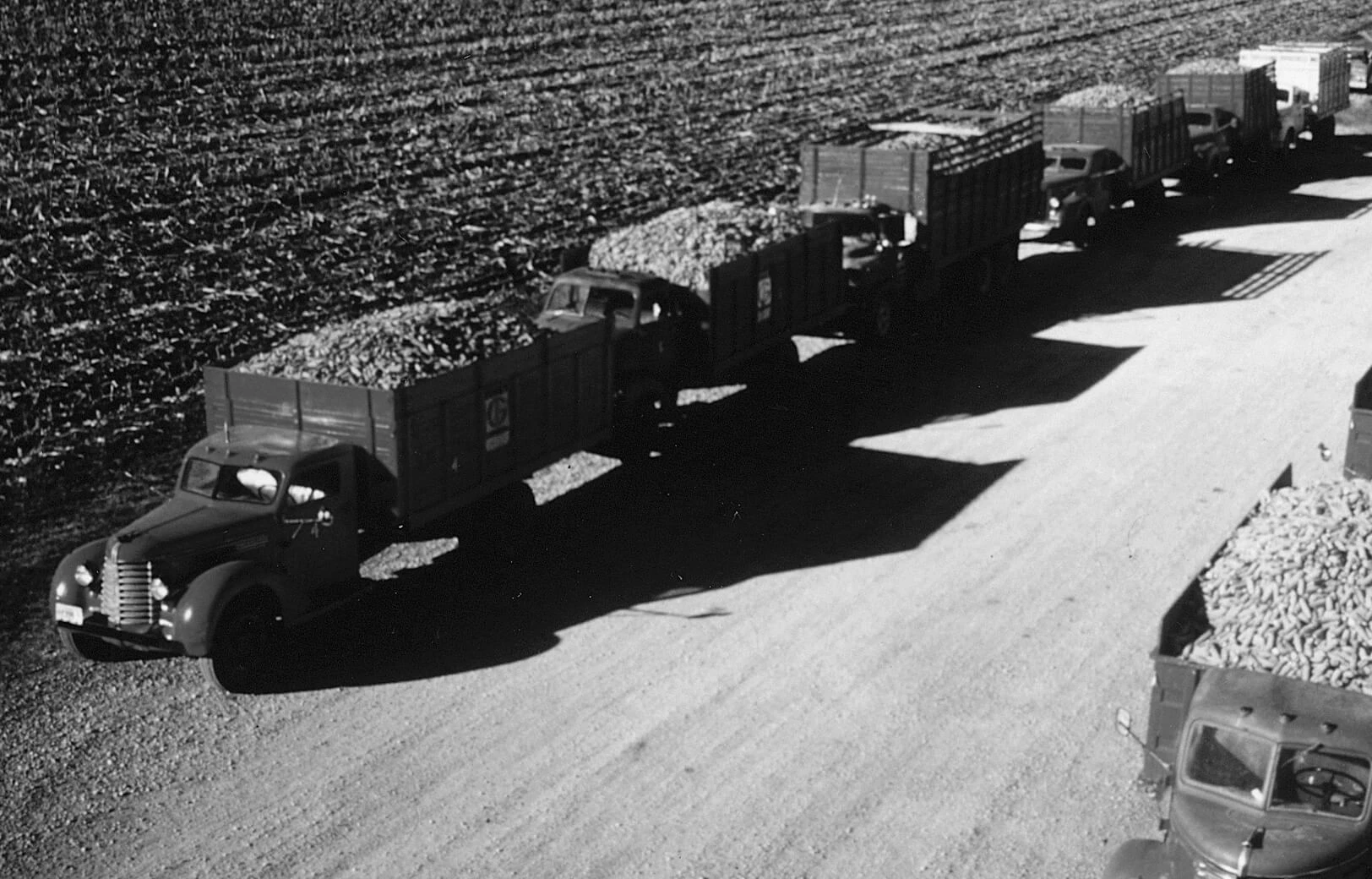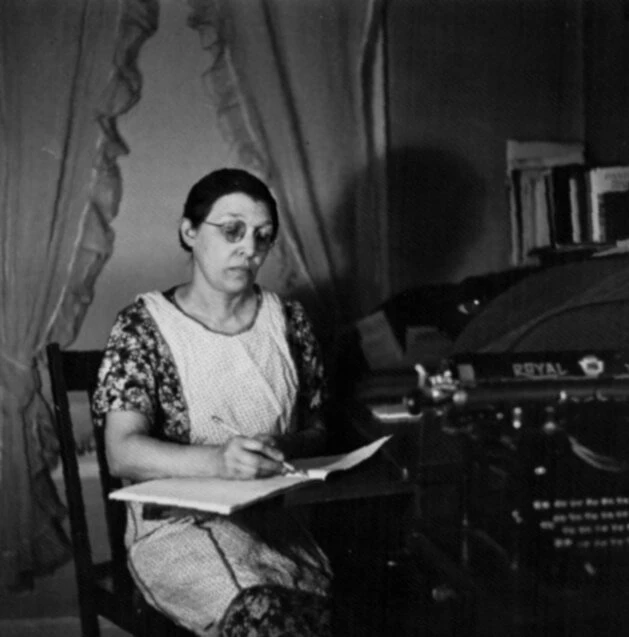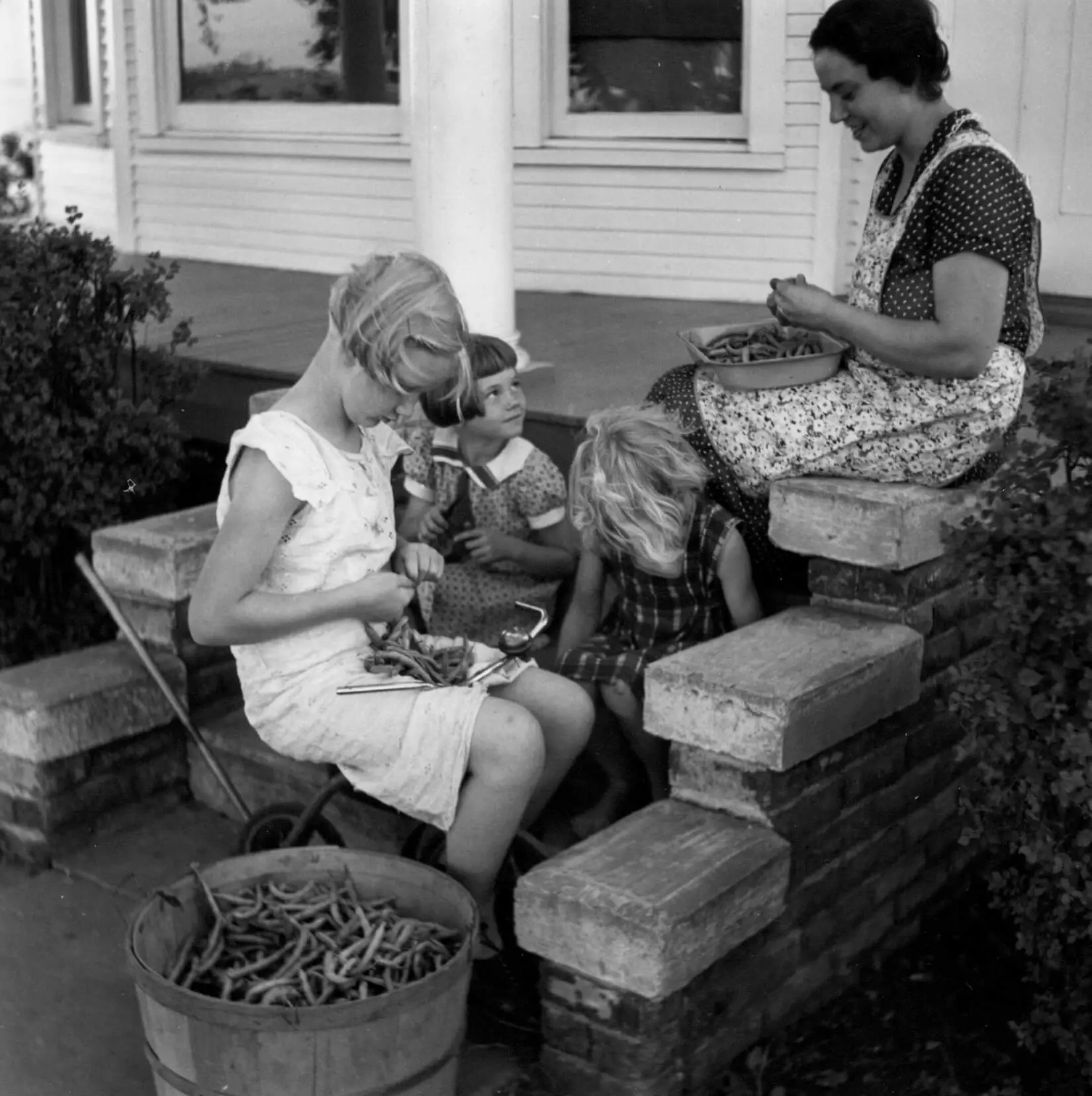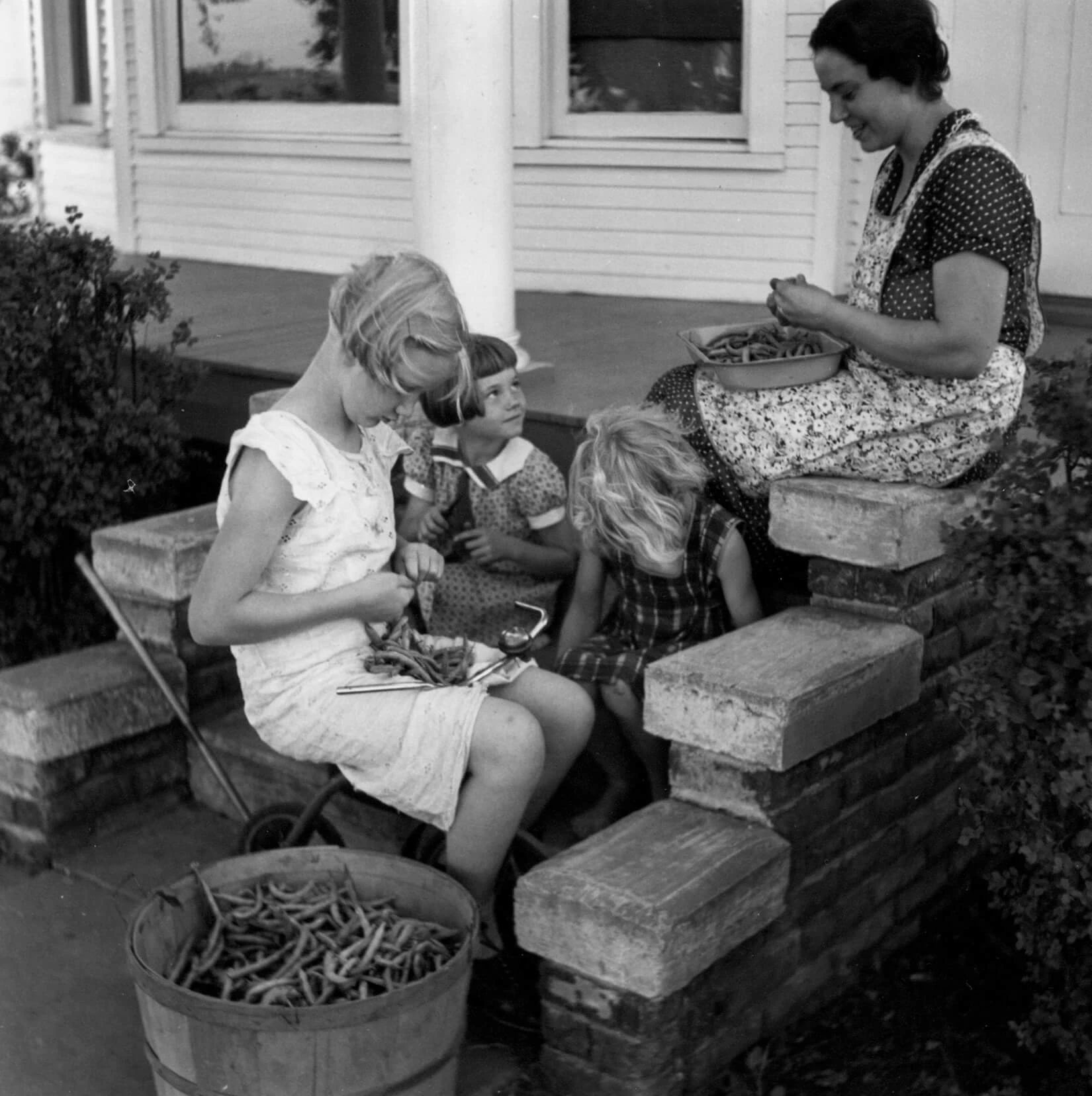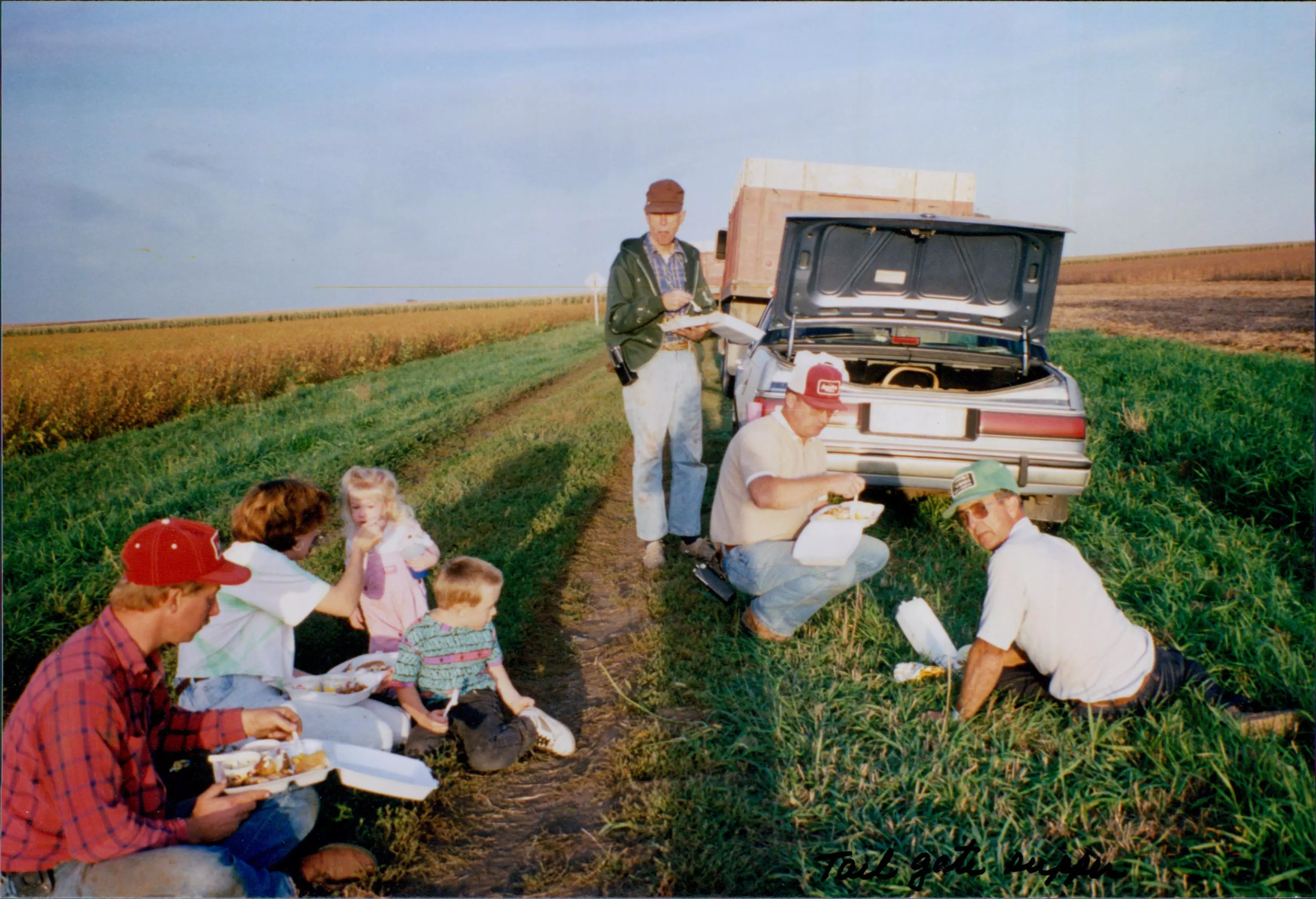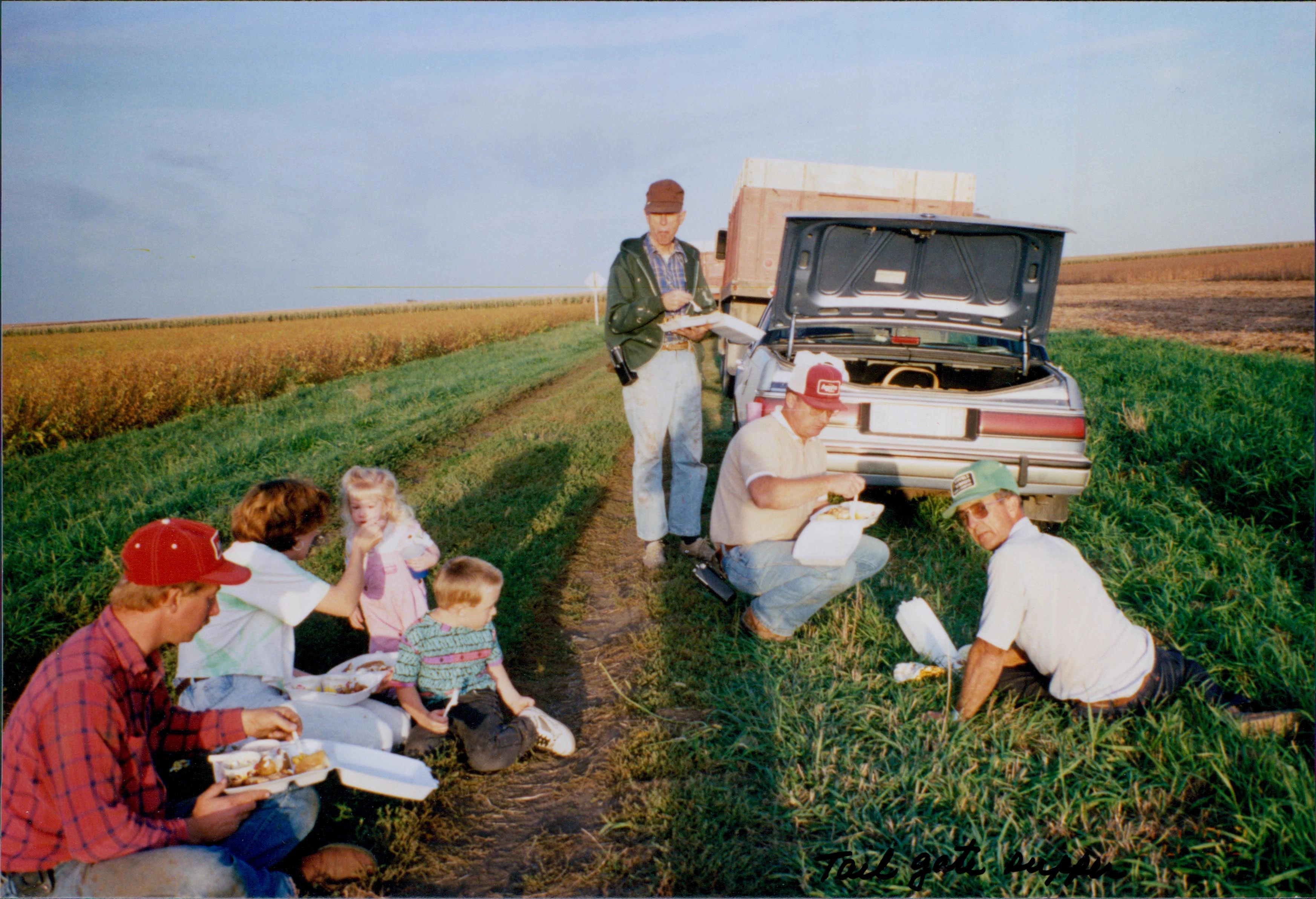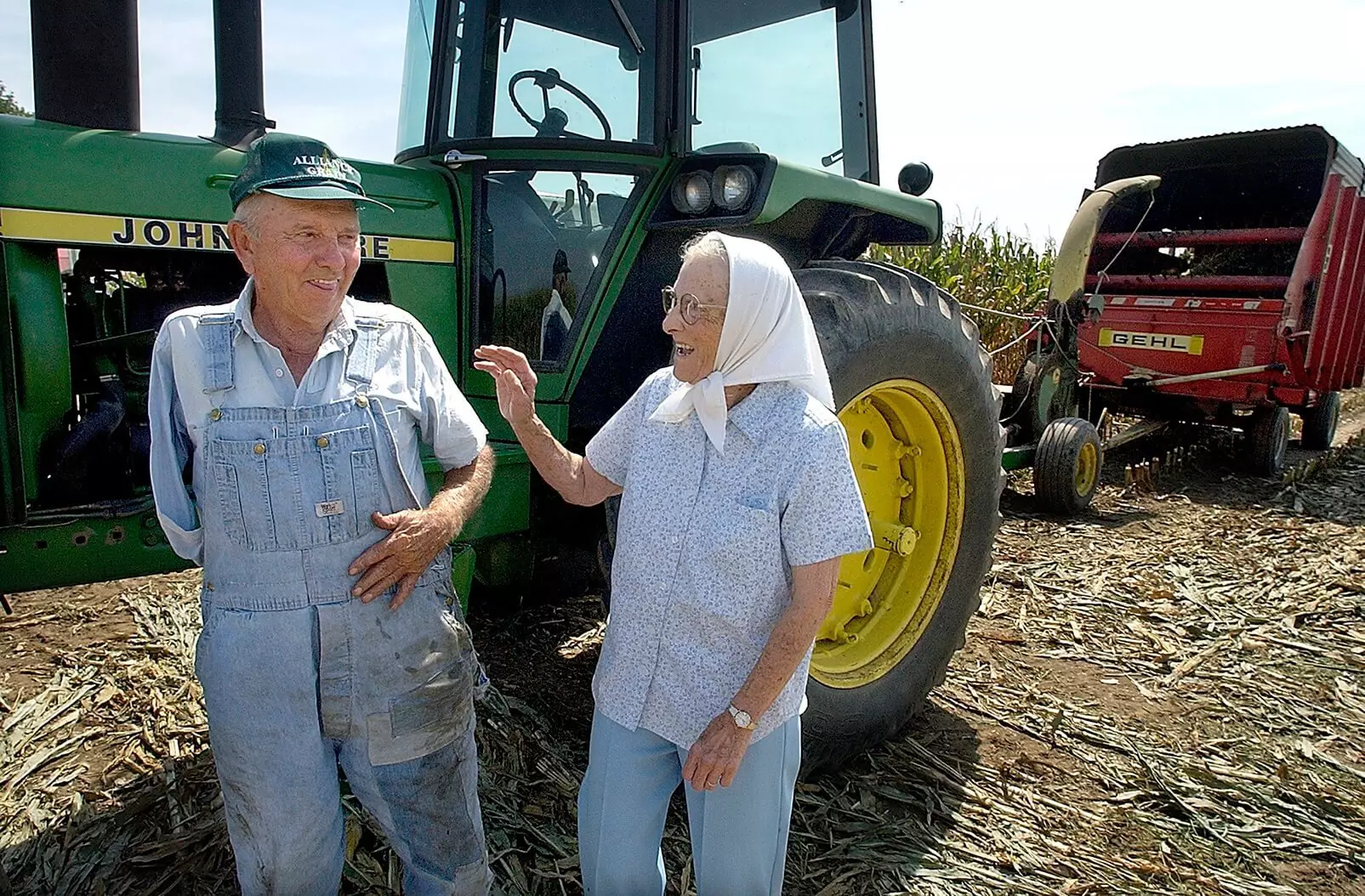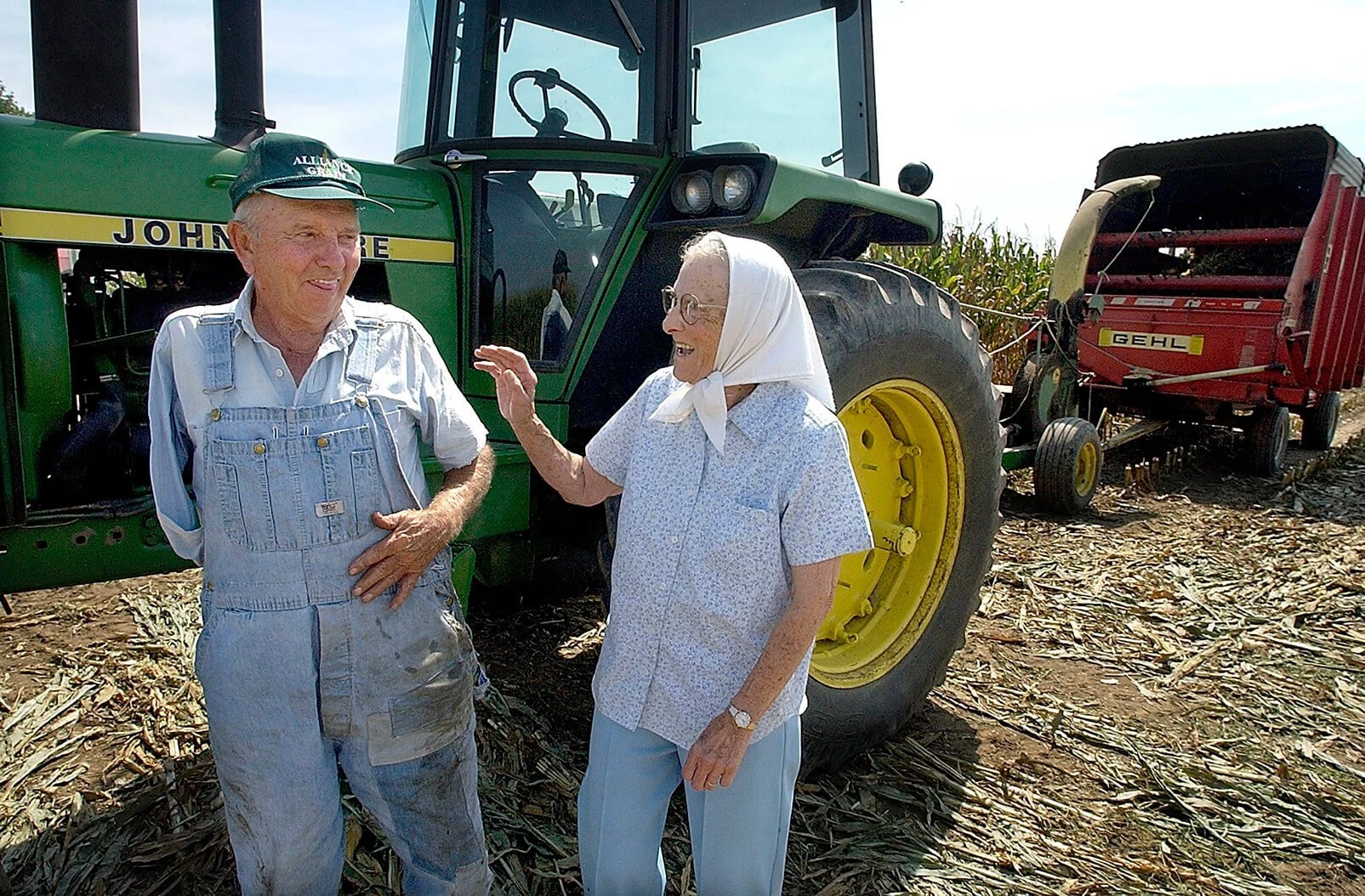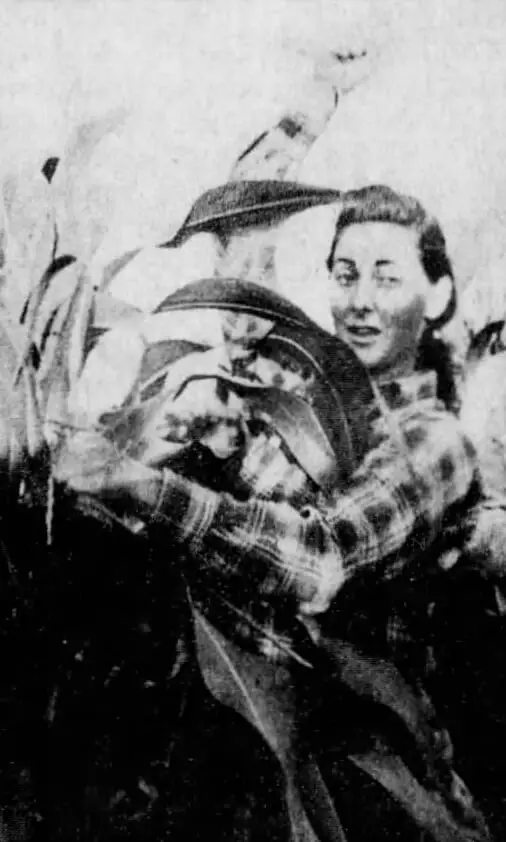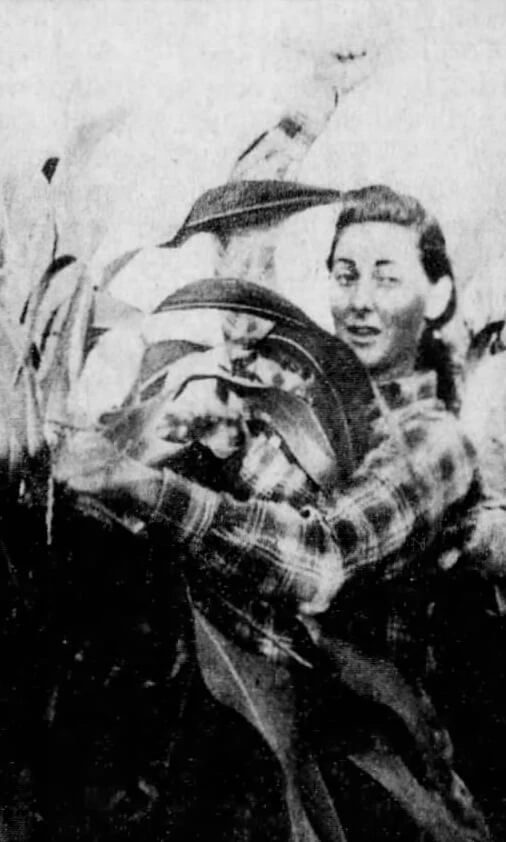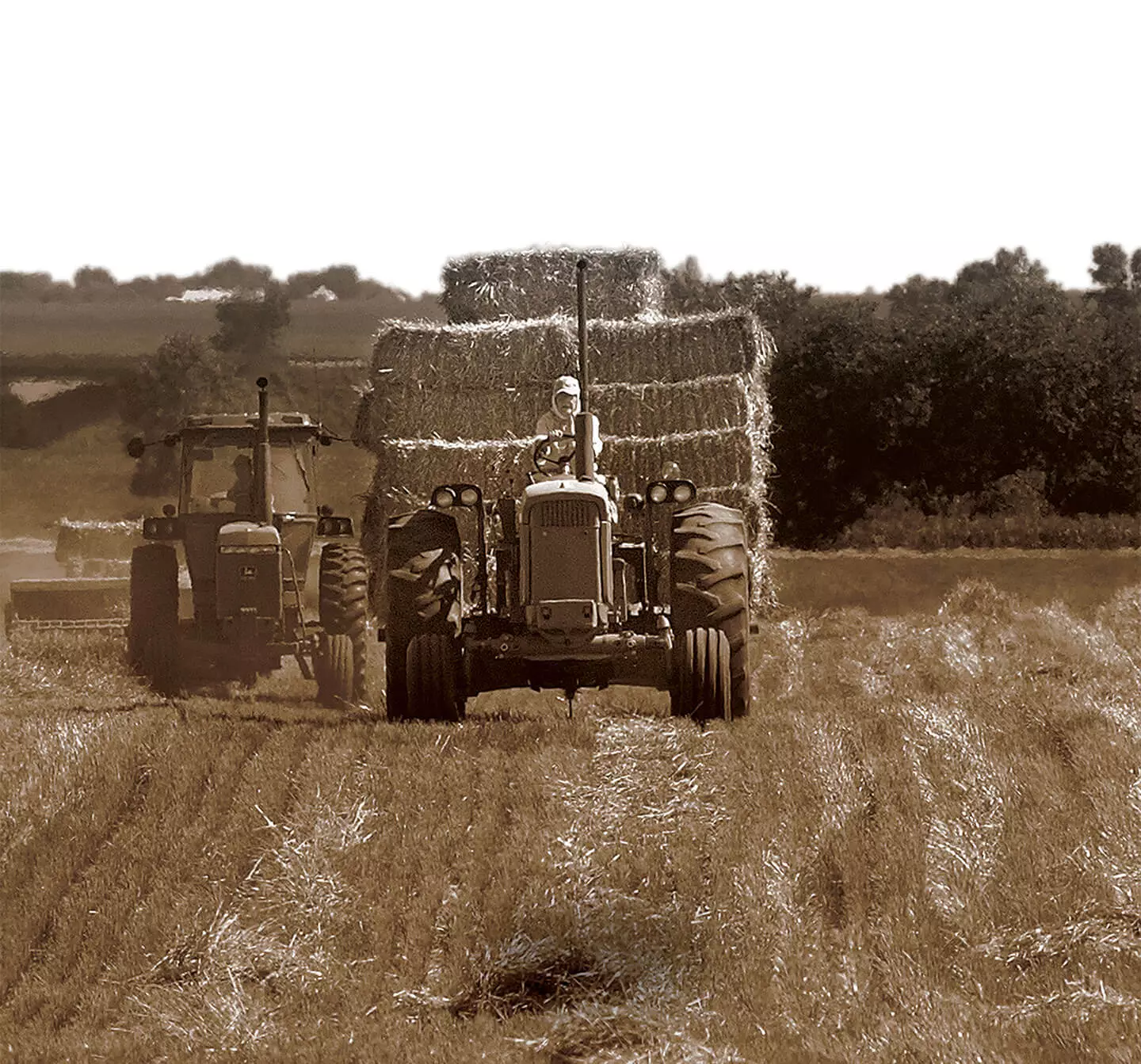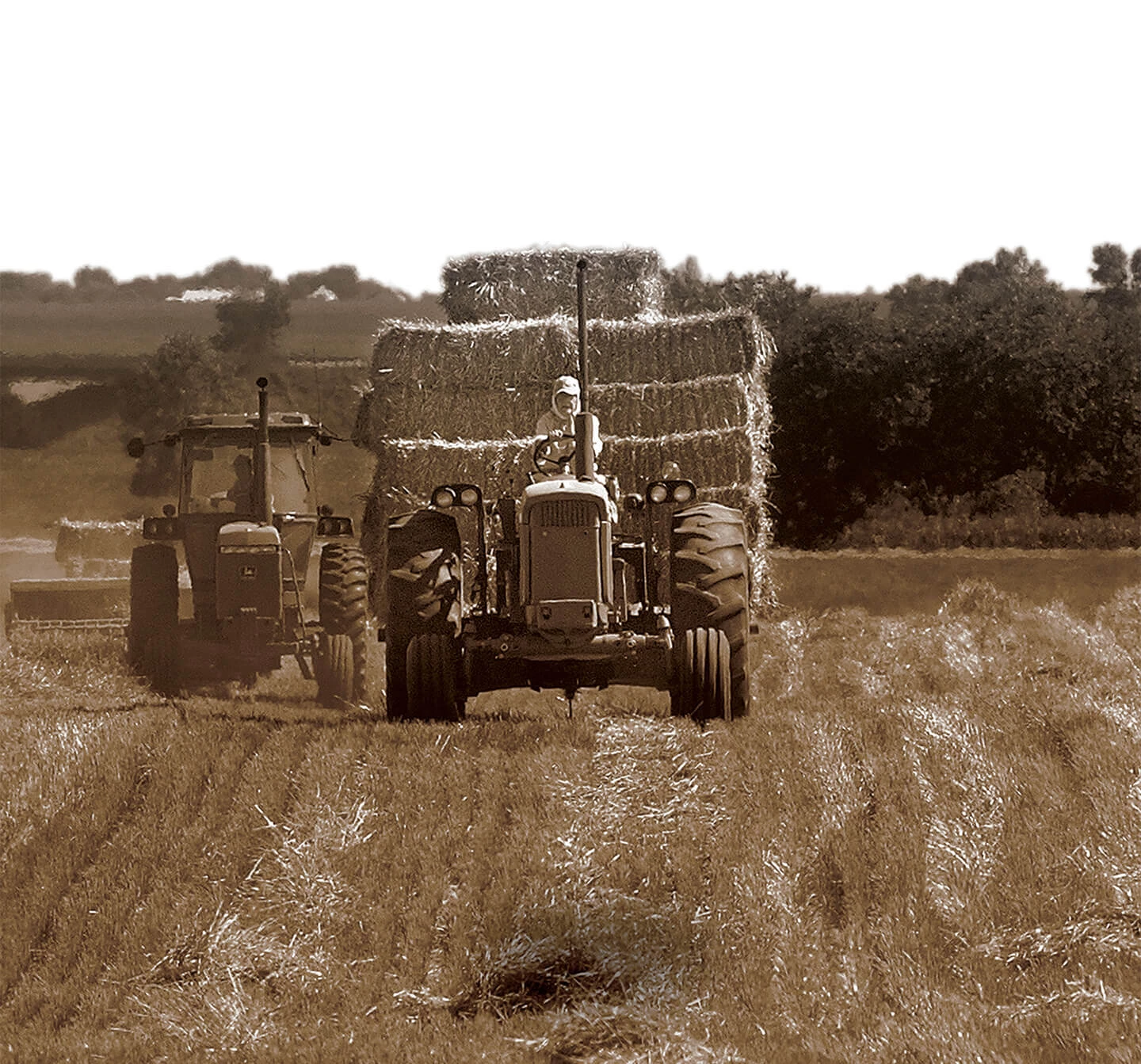Farming Resources – Farm Wives
Farm wives have, and will always be, an essential part of their husbands' labor force—stepping in to do whatever was needed to keep the operation running.
At harvest time the wife’s assistance often meant that husbands and sons could get back to work in the field.
Some wives drove the truck filled with the newly harvested grain to the local elevator and waited, often in long lines, for it to be weighed and unloaded.
Farm wives often tended large gardens that provided fresh fruits and vegetables for healthy meals.
They canned much of what they produced for winter use and sold surplus for cash or goods they could not produce themselves—often saving the family money.
This McLean County farm wife got help from her daughters to snap the bushel of green beans she just picked. With that many beans, she could can several quarts and sell some too.
Farm wives made sure their husbands, children, and hired hands ate healthy meals for breakfast, lunch, and dinner.
During planting and harvesting, wives often transported meals to their husbands, sons, and hired hands in the field. The meals provided an excuse to rest and sustenance so they could continue working. Meals were also a time for fathers to see their children, and for children to see their fathers at work. By the time farm children were eight, many knew more about what their fathers did for a living than their in-town peers.
“My mother would take a card table and folding canvas chairs to the field. Then she would set out a full meal consisting of something like mashed potatoes and gravy, meat loaf, salad, and a dessert.”
— Betty Ann Golden Yoder
2015
Evelyn Hilton Schwoerer was an exemplary farm daughter and wife.
At the age of 12, Evelyn was approached by her father Guy Hilton...
“Get ready... You're going to come out here and learn how to drive a tractor. The man I hired has run through the fence twice.”
— Guy Hilton
That day Evelyn learned how to operate a John Deere tractor.
It was not the first time she had helped on the farm, but it was a pivotal moment.
Evelyn had driven horses and mules, had plowed corn, fed the pigs and chickens, and milked the cows.
But from that day on she also drove a tractor whenever asked and helped with whatever was needed. She was an indispensable part of the Hilton family work force.
During labor shortages of the 1930s, Guy Hilton looked to Bloomington’s employment office for help. When they sent Bob Schwoerer to the Hilton farm to help make hay (cut and load it into the barn), he and Evelyn met.
They corresponded when he served in the war and were married after he returned.
Evelyn married Bob Schwoerer in 1946. Together, they took over her family’s farm and dairy.
She and Bob were true partners in the running and management of the farm. When Bob lost an arm in their new corn picker in 1949, Evelyn’s role became even more important.
Evelyn continued to manage the farm’s production records, even after she and Bob passed the farm operation on to their son, Steve.
Is it dinner or supper?
Farm culture typically identifies the larger meal of the day as dinner—whether served at noon or in the evening.
Supper is a lighter meal that can also be served in the evening or at noon.
The size of the meal is the determining factor.
 Making a Home
Making a Home
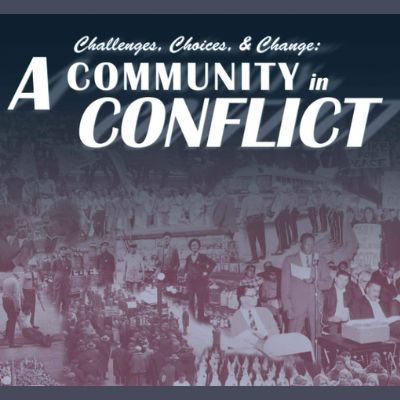 A Community in Conflict
A Community in Conflict
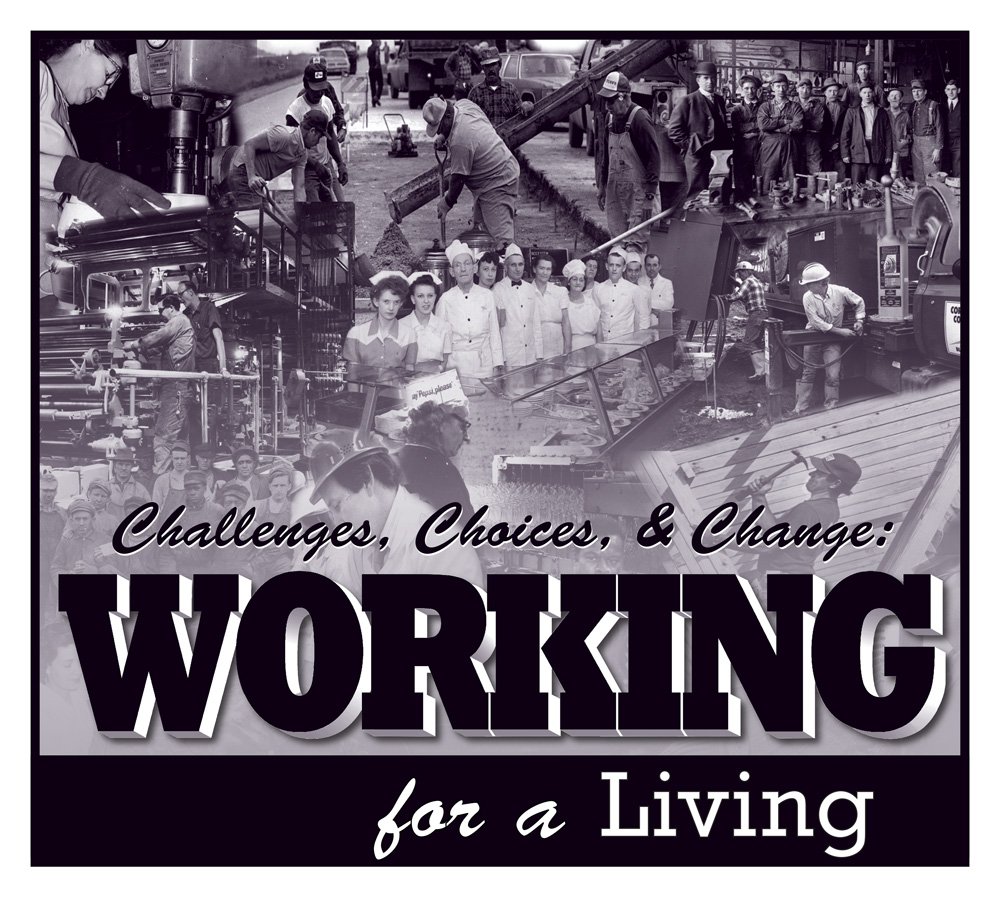 Working for a Living
Working for a Living
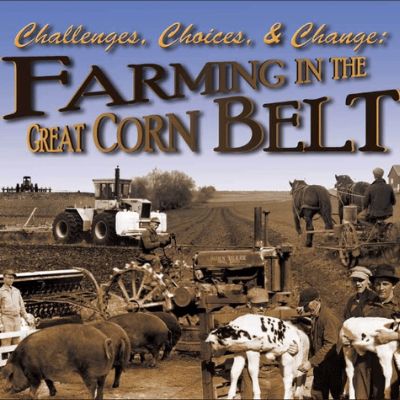 Farming in the Great Corn Belt
Farming in the Great Corn Belt
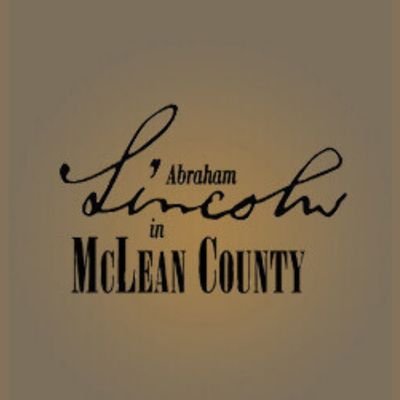 Abraham Lincoln in McLean County
Abraham Lincoln in McLean County

